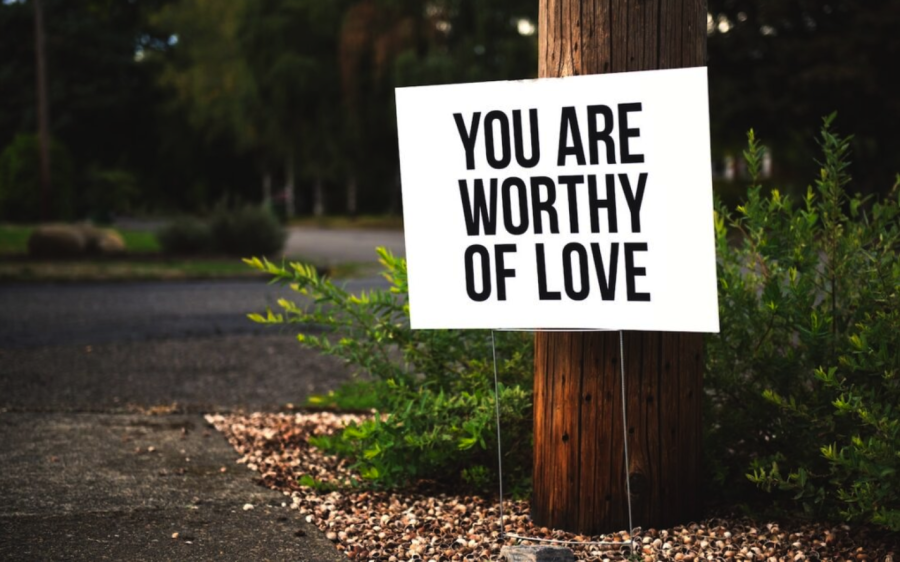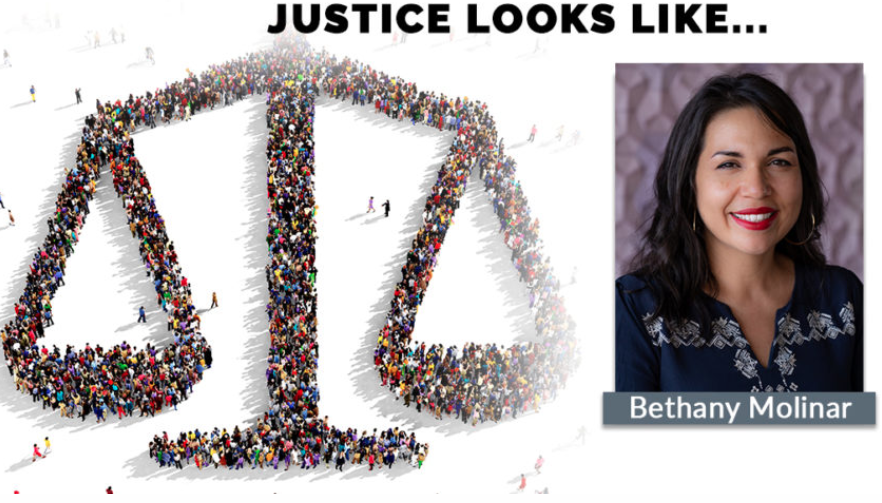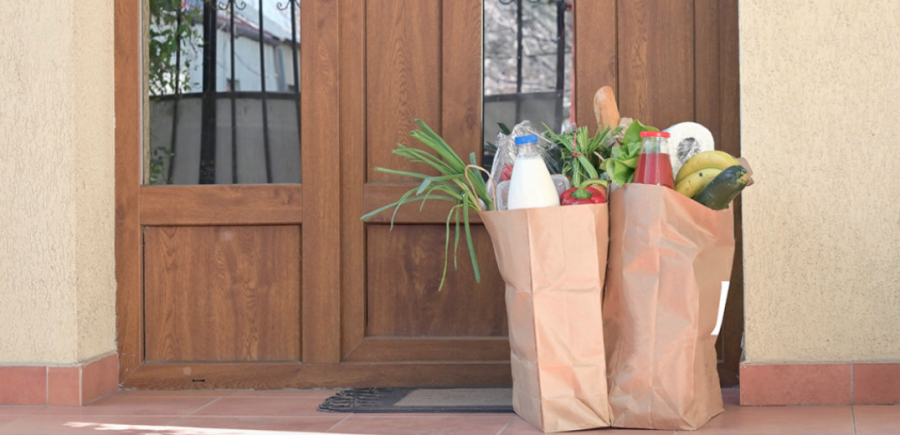News Search

Words have power; they can carry freedom or they can carry weight.
We often forget that power also resides in names.
Our names are what we closely identify with in places of comfort and places of estrangement. Knowing someone’s name can allow them to feel safe and cared for, just like forgetting someone’s name can make someone feel shame and embarrassment.
The adjectives or labels that we ascribe to someone also carry weight. When talking to or about someone who is in a vulnerable state, the words used are particularly important.
For example, there is a common tendency to call individuals who are on the journey out of addiction and in recovery as “addicts” or “alcoholics.” The intentions might be pure, but the verbiage is haunting.
“Hi, my name is Lacey, and I am a new creation in Christ Jesus.” This statement was a hopeful reminder of a new identity I received when accepting the gift of salvation.

Lately, it seems I never can get enough sleep. I find myself with less patience. A task that used to take me an hour now takes me three hours. Any of this sound familiar? I guess it probably does.
We are in the midst of “compound collective trauma.” Collective trauma is described as a traumatic experience that affects and involves entire groups of people, communities or societies, such as a hurricane or war.
In a previous article, I discussed the positive and negative effects of the collective trauma of Hurricane Harvey. That is just one example of a collective trauma that effects a specific community or geographical area.
The whole world is a geographical area, right now, experiencing the collective trauma of the COVID-19 pandemic. While various countries are experiencing it differently, everyone is simultaneously in the midst of some aspect of the pandemic, and we all are experiencing the trauma throughout our specific communities.

Growing up, the church always was a safe place for me. I grew up in the same small-town church my entire life, and a lot of our life revolved around the church.
Sundays were filled with Sunday school and the beloved evening prayer meeting, while Wednesdays were for mission group and choir. Our church felt like a village, a family that was raising me alongside my family of origin.
As a teenager, this could feel smothering at times. The beloved elderly church ladies had a running commentary on my life; out of a place of love, they would frequently express their opinions on my life choices — both positive and negative. Overall, my church was a safe, loving, nurturing place to be.

Because of the sensitivity and confidentiality of the people and location, this piece has been generalized to keep those involved safe and to challenge congregations of all sizes not to underestimate what they can do.
“We sometimes underestimate the influence of the little things.”—Charles W. Chesnutt
I am the kind of person that must be doing something “big” in order to think change will occur. However, I was challenged by the above quote from Chesnutt.
I was blessed recently to witness a church do something that in most eyes would seem small, insignificant and ordinary. Last week, I observed a small community church rally around one of their members, do the “little things” and, through them, advocate for this individual while also instilling a sense of hope.

I was born, raised and now live in El Paso. El Paso is a great place to live if you like to run, and I do. My runs regularly take me up to a place where I can see all three cities and states that adjoin each other here.
A few weeks ago, while on a morning run on my usual route, I noticed two things at a distance I hadn’t realized could be seen from my vantage point.
To the left of my viewpoint was a thick black line in stark contrast to the natural colors of the desert landscape. This is a part of the border wall funded by private donations.
Directly across and above this wall is Mount Cristo Rey, which sits on both sides of the international border between the United States and Mexico. The mountain is named for the statue of Christ located at the top of the mountain.
The figure of Christ stands in front of a giant cross. His eyes gaze out over the borderland, and his arms are outstretched with his palms facing outward over three cities and two nations.

As we wait for healing and solutions to the distress of the coronavirus pandemic, we seek revival like the people of God sought during the time of the prophets.
We desperately search for stories of God working, despite the little we have or the sickness we are trying to understand.
How is the church responding? How should the church respond? Who are the prophets of our time, and how are they responding to the call of God?
Congregations around the country are seeking to answer these questions in new and unique ways. In Waco, as elsewhere, many institutions have responded to COVID-19, seeking fresh ways to love their neighbor like Christ would have us do.

Some see addiction as a disease that stems from biological factors. Others see it as a moral failing that stems from the choice to sin against God. Addiction, however, is formed through various influences in a person’s life, including biological, psychological, spiritual and social factors.
Addiction does not discriminate by color, background, status or gender.
Addiction to alcohol or drugs is characterized by the repeated use of the substance, despite consequences that include personal loss, harm to oneself or others, and damage to property.
The word “addiction” is derived from the Latin word addicere, which means to have no voice and to surrender oneself to a master.
Paul’s self-description in Romans 7 fits addiction very well. He did not understand what he did. He did what he did not want to do, even doing the very thing he hated.

In the evolving dynamic of COVID-19, we have witnessed our world turn upside-down. The normal routines of life, work and play look completely different than they did a few weeks ago.
As followers of Christ, our way of worship and of gathering together in a sanctuary space has shifted. As businesses close down and events get cancelled left and right, congregations are doing their best to press forward. They are restructuring their way of fellowship, teaching and outreach.
While our congregations may be closing their doors physically, I am deeply moved by how they are opening their hearts, arms and minds to new ways to reach their members and their neighbors.